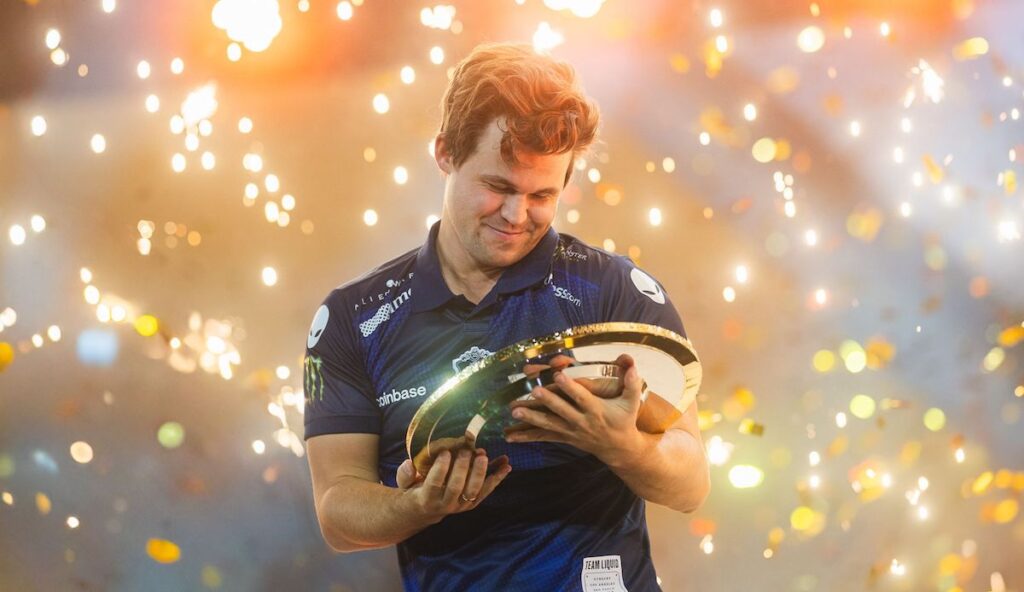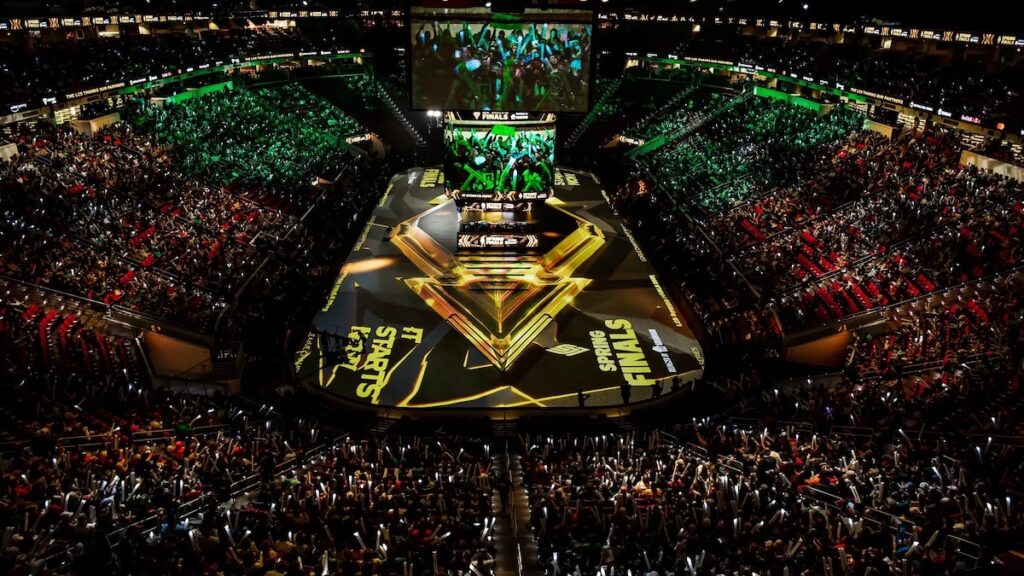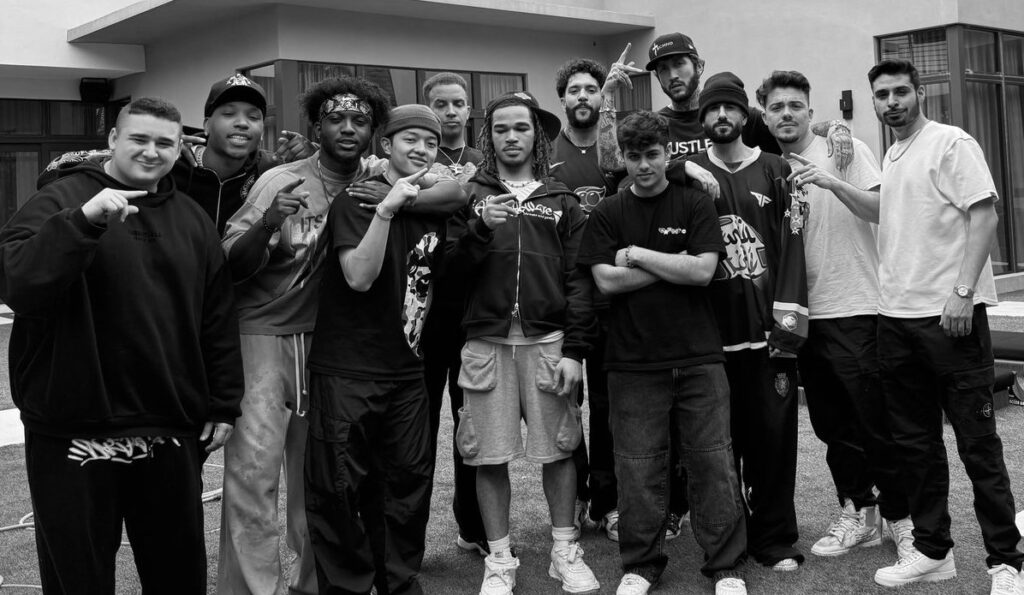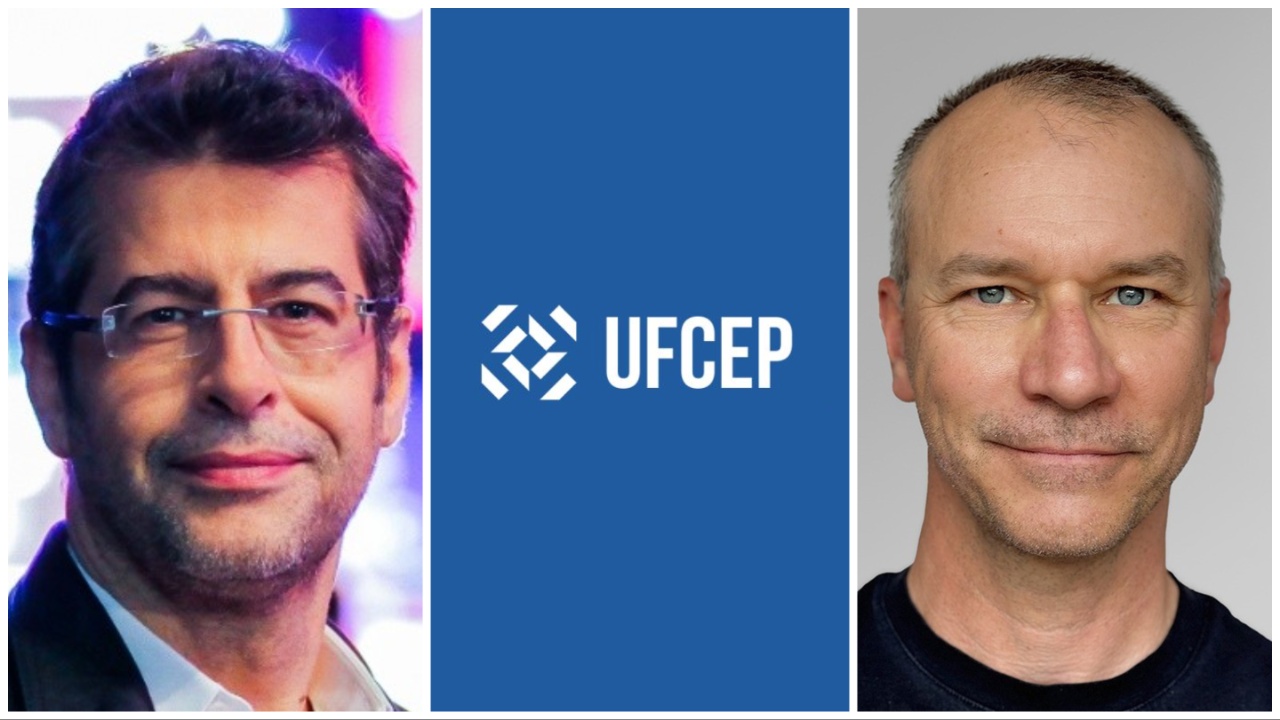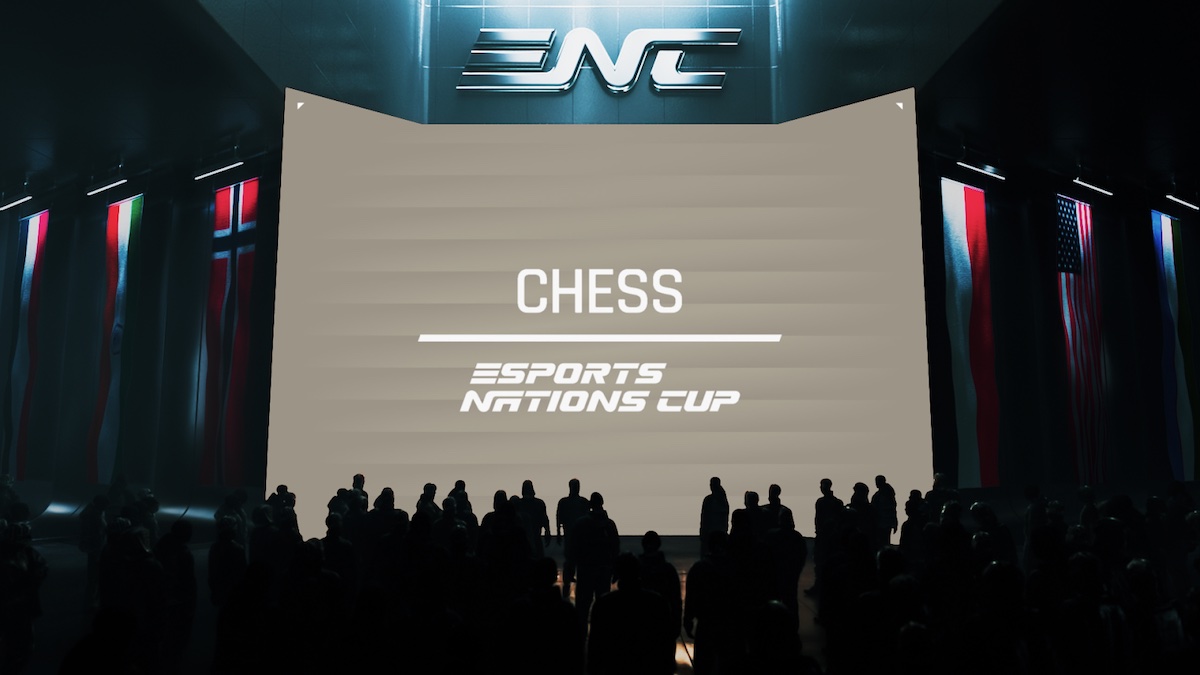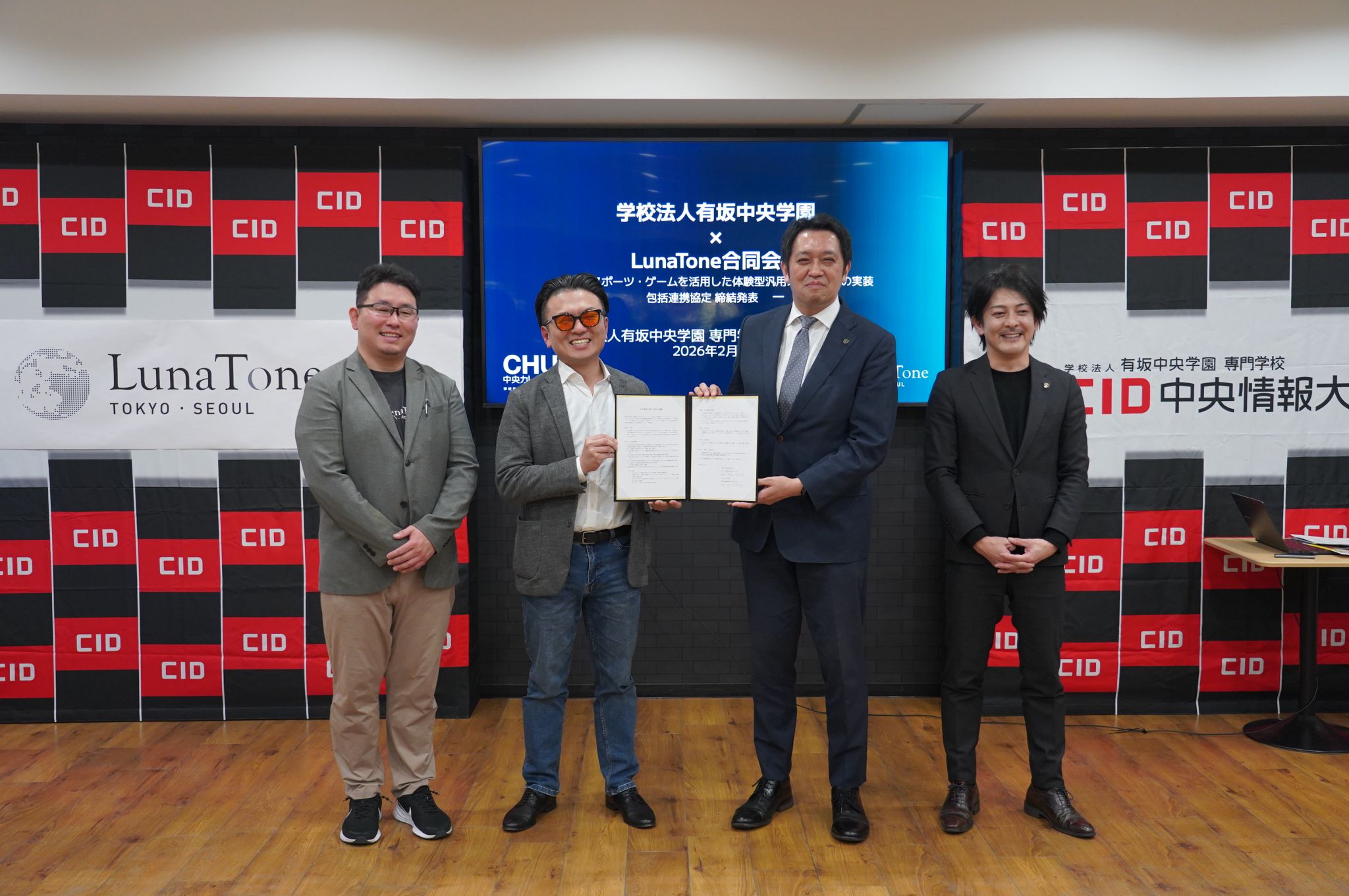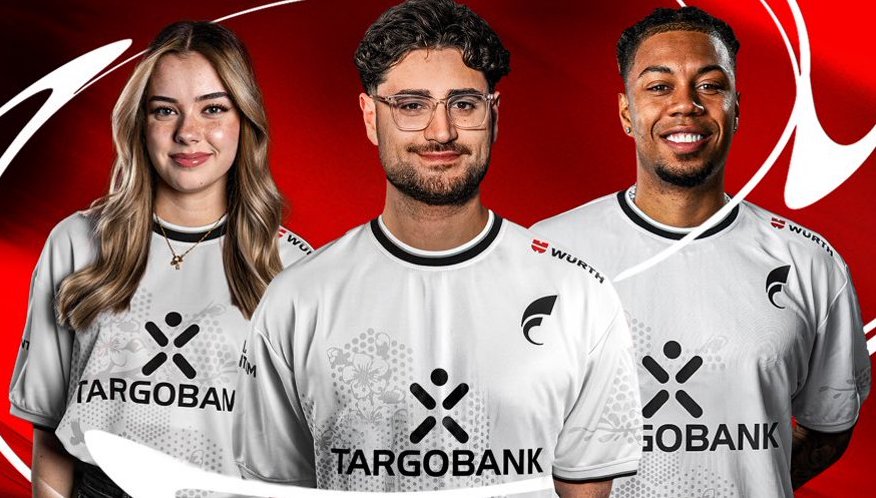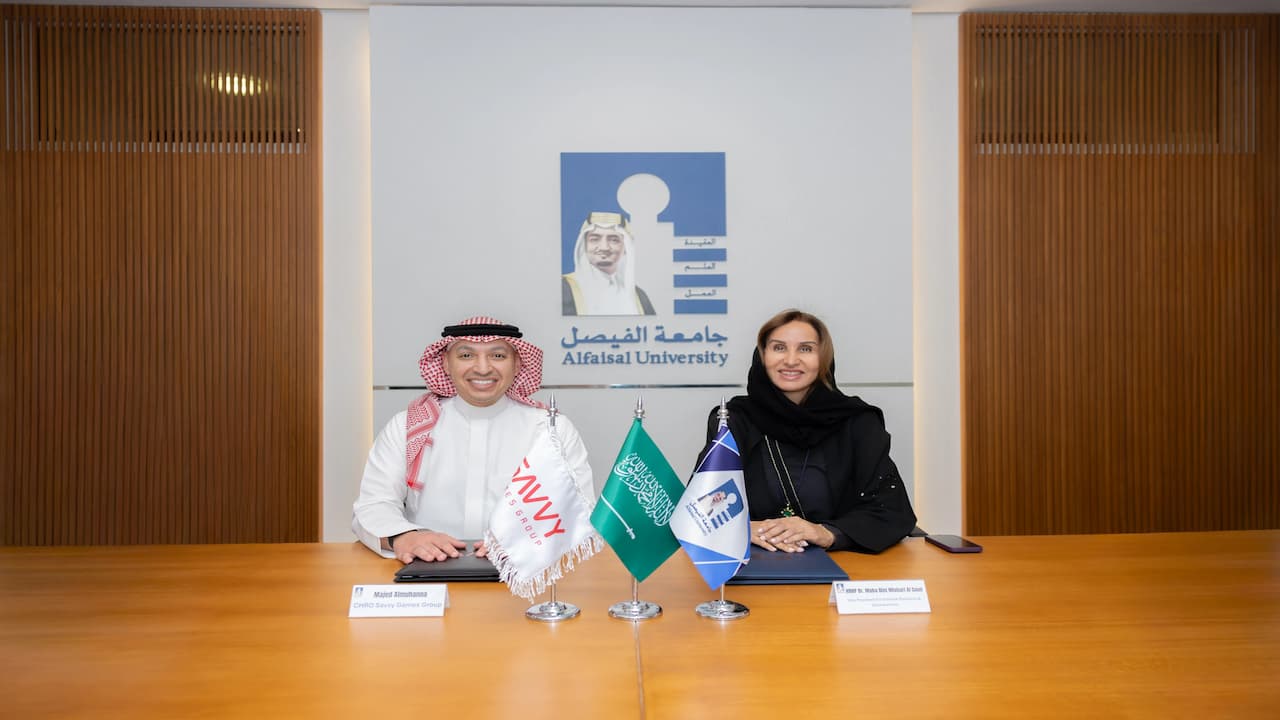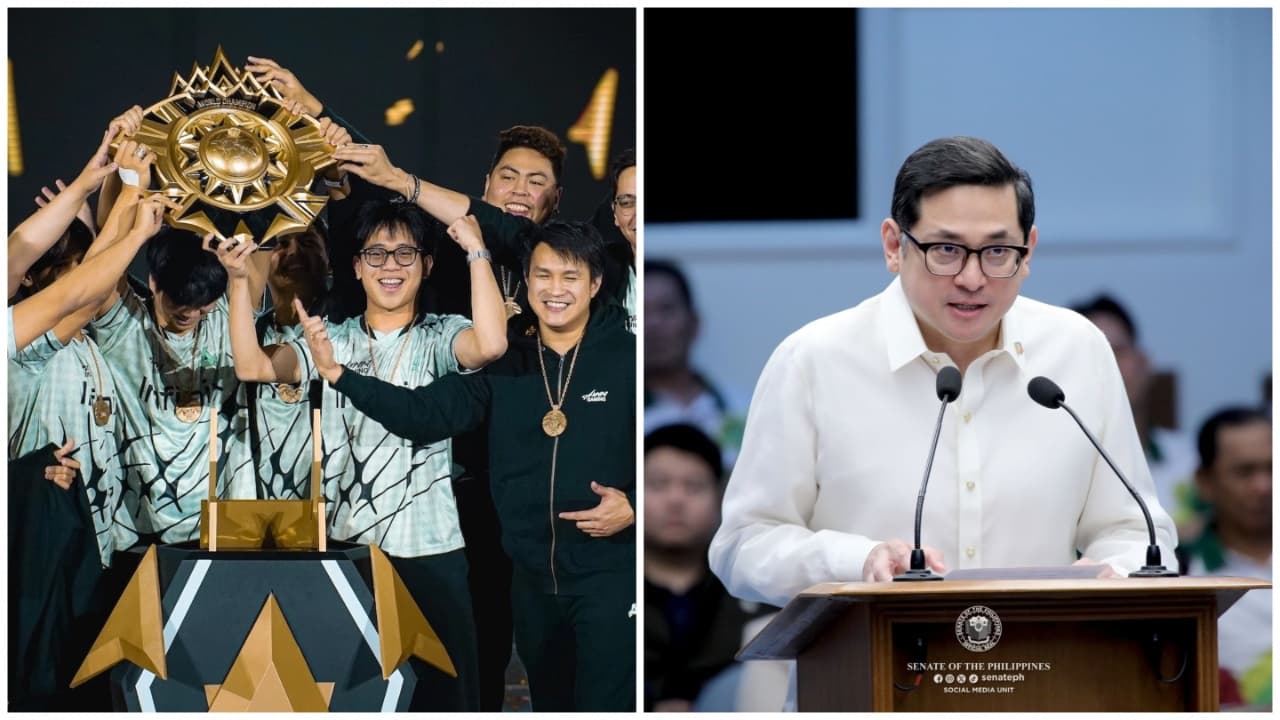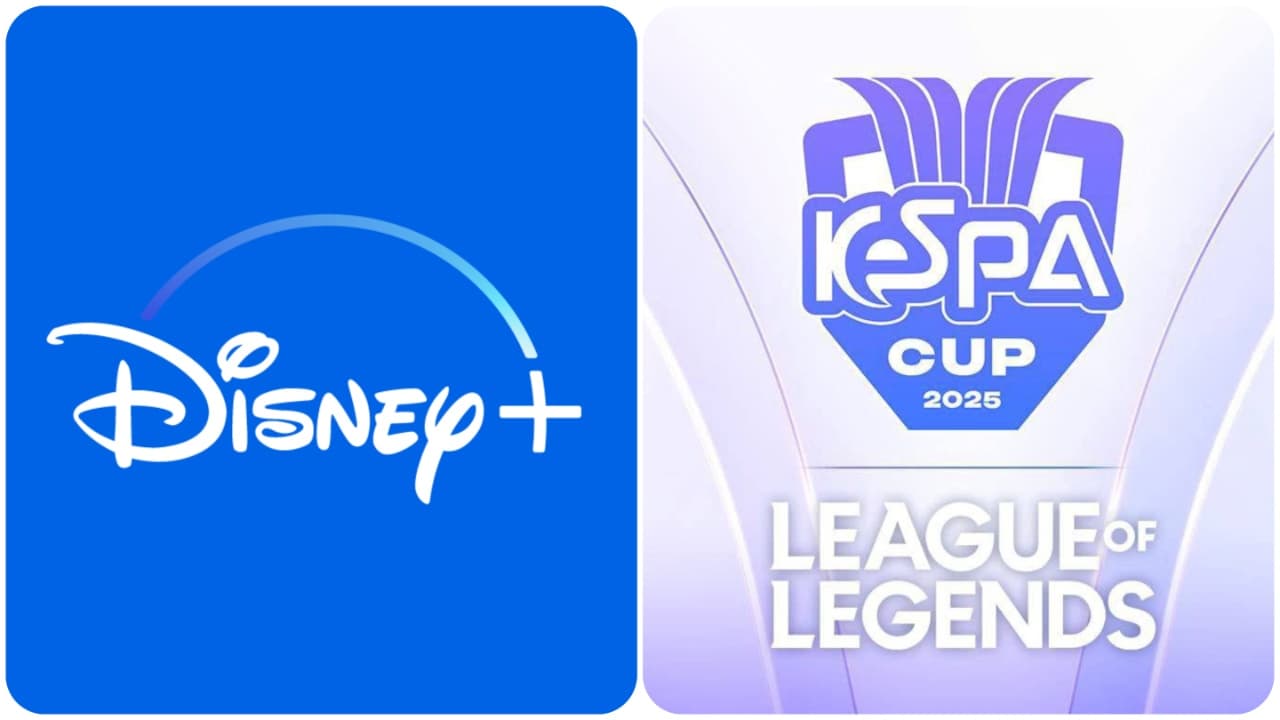There are many ways to imagine a GOAT, and I certainly had some expectations before meeting Magnus Carlsen. Widely regarded as the best chess player in the world — and perhaps in history — Magnus also feels familiar to fans of digital media. In today’s era, following a figure online can give you the illusion of knowing them personally.
I had scheduled an interview with Magnus during the New Global Sport Conference 2025 at Riyadh’s Four Seasons. When I entered the room, he was focused on his phone, watching the Esports World Cup (EWC) Counter-Strike 2 (CS2) third-place match. Team Vitality’s result against Team Falcons would directly affect Magnus’ Team Liquid in the 2025 Club Championship. For a moment, I wanted to just join him and watch the match — after all, I’m not only an esports business journalist, I’m a fan too.
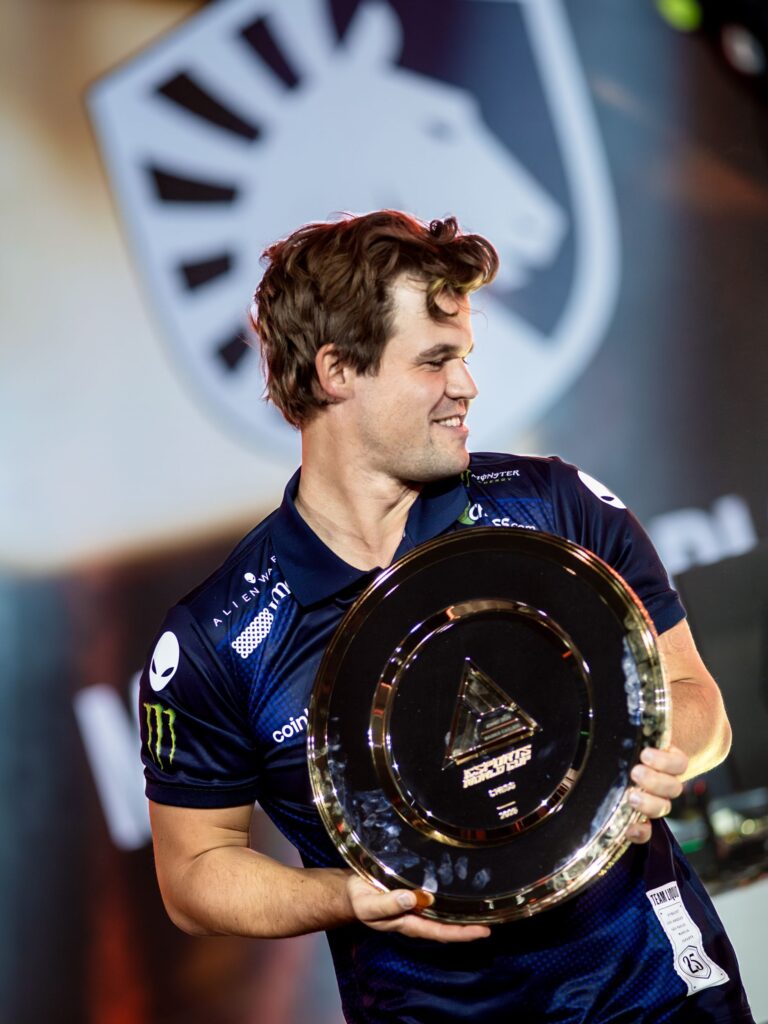
Seeing him absorbed in the game, I decided to let my first question adapt to the moment. I asked, “How involved did you get with Team Liquid?”.
Magnus reflected on the journey as both professional and emotional. “Once it became clear that chess was going to be part of the EWC, my name was probably high on the list of players teams wanted to sign. It was about picking the right team,” he said. He spoke warmly of Team Liquid’s culture of professionalism and winning, which made him confident in his decision. “It’s been a fantastic journey.”
“Following the team championship has been especially interesting because I’ve been an individual player all my life. Now, I can actually repay the faith they’ve put in me and try to help the team. That’s why we’re all here.”
“I’m really hoping we can pull off second place [at the Club Championship] this year and come back even stronger next year. You really feel, especially when you’re down here, that this is a big deal.”
Winning at the EWC Chess.com tournament was, for Magnus, a distinct experience compared to his many previous victories. “It felt incredible,” he said. “I’ve won a lot in my career, but here it’s different. You have confetti falling, a live audience, excited casters — the production is on a whole other level. I had been part of this almost from the beginning and felt that the future of chess was going to be in an esports setting, especially for faster formats. To see it realised like this, and then to win, made it even better. This event felt more like a sport than chess has ever been. Winning made it special, but just helping this competition feel like a true esport was remarkable.”
For the first time this year, the EWC series included a chess tournament where the world’s top grandmasters competed on electronic boards. The broadcasts drew a peak audience of more than 259,000 viewers, making it the most-watched chess livestream of 2025 so far according to Esports Charts — a strong indication of chess’s growing presence in esports and digital entertainment.
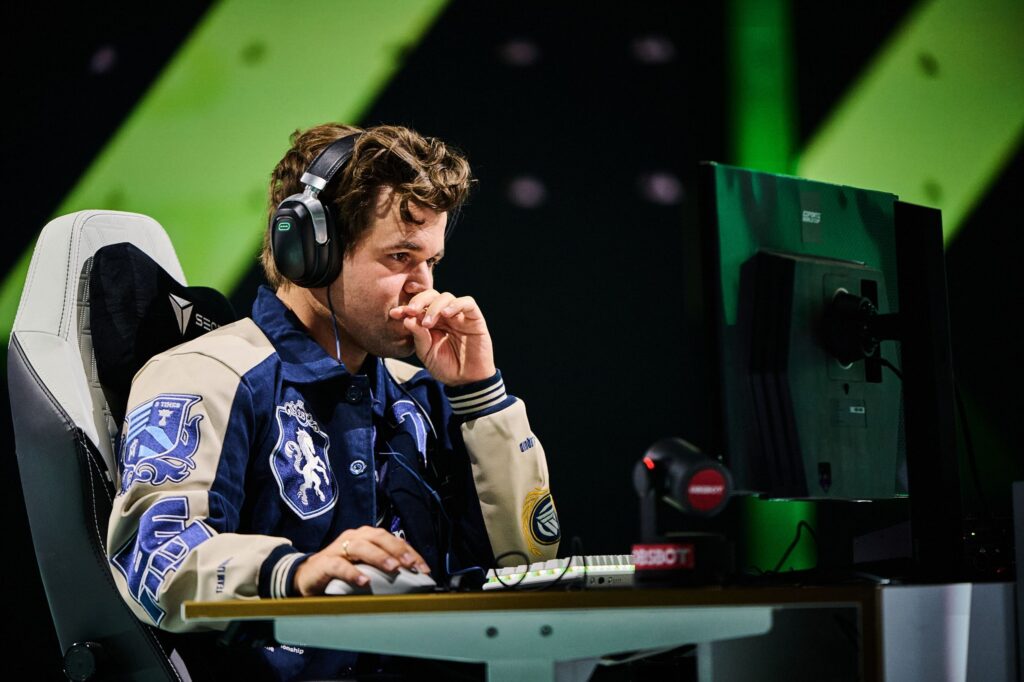
Magnus sees the fast-paced format as essential for chess to grow. “It’s fast, unforgiving, and cutthroat — no increments. That’s how sport is in general. Chess is fantastic, but it loses some of its value if it’s not entertaining. We want to make it more accessible while staying true to the essence of chess.”
Esports also introduces unique challenges. Earlier in the tournament, grandmaster Jan-Krzysztof Duda was eliminated after a costly misclick — the kind of mistake that doesn’t exist in traditional over-the-board play. Watching it unfold, I couldn’t help but compare it to Counter-Strike: a decisive missed shot caused by slip in coordination with the electronic boards. That, in essence, is the reality of competitive gaming, the most “esports” thing that could happen in a chess match.
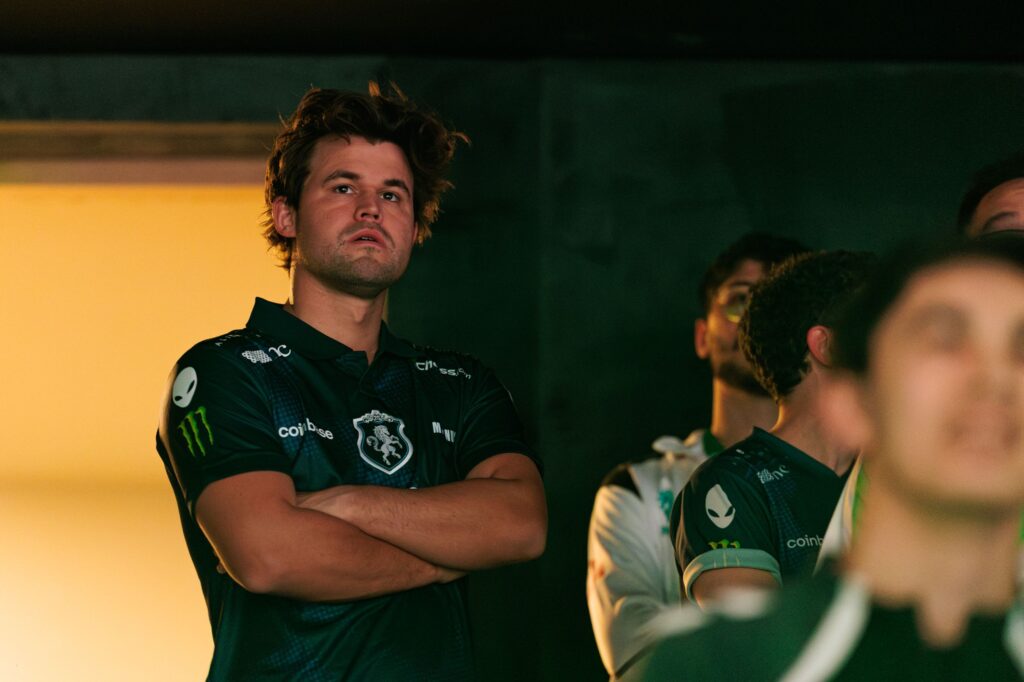
Magnus agreed with it: “I’ve lost [online] games to misclicks as well. It’s a skill issue. It’s part of being an esport. Anything that makes the game less forgiving is welcome. There are no take-backs in life — you just have to be better.”
Magnus shared his excitement for the EWC’s future. “This year’s event was amazing, but next year it will be bigger and better. The qualification cycle starts earlier, so players and fans can plan. Knowing that this is the event to qualify for builds hype and anticipation. Personally, I’m excited to return as last year’s champion, but I also want to be part of the qualification process. That shows how much this event matters.”
Also read: Esports World Cup exec explains why Chess is “perfect fit” for tournament
As the interview ended, the CS2 match result came through: Falcons had beaten Vitality, so Team Liquid secured the second place at the EWC Club Championship. Magnus left the room celebrating — “Go Falcons!” was the last thing I heard as I walked away. That’s Magnus Carlsen, part of the esports community.
Magnus’ involvement in the EWC illustrates how traditional sports figures can elevate competitive gaming while embracing its digital evolution. From individual champion to team competitor, he demonstrates that even a 1,500 years-old game can adapt and thrive in the fast-moving world of esports — and that the excitement of the moment, whether following a chessboard or a CS2 match, remains just as powerful.



